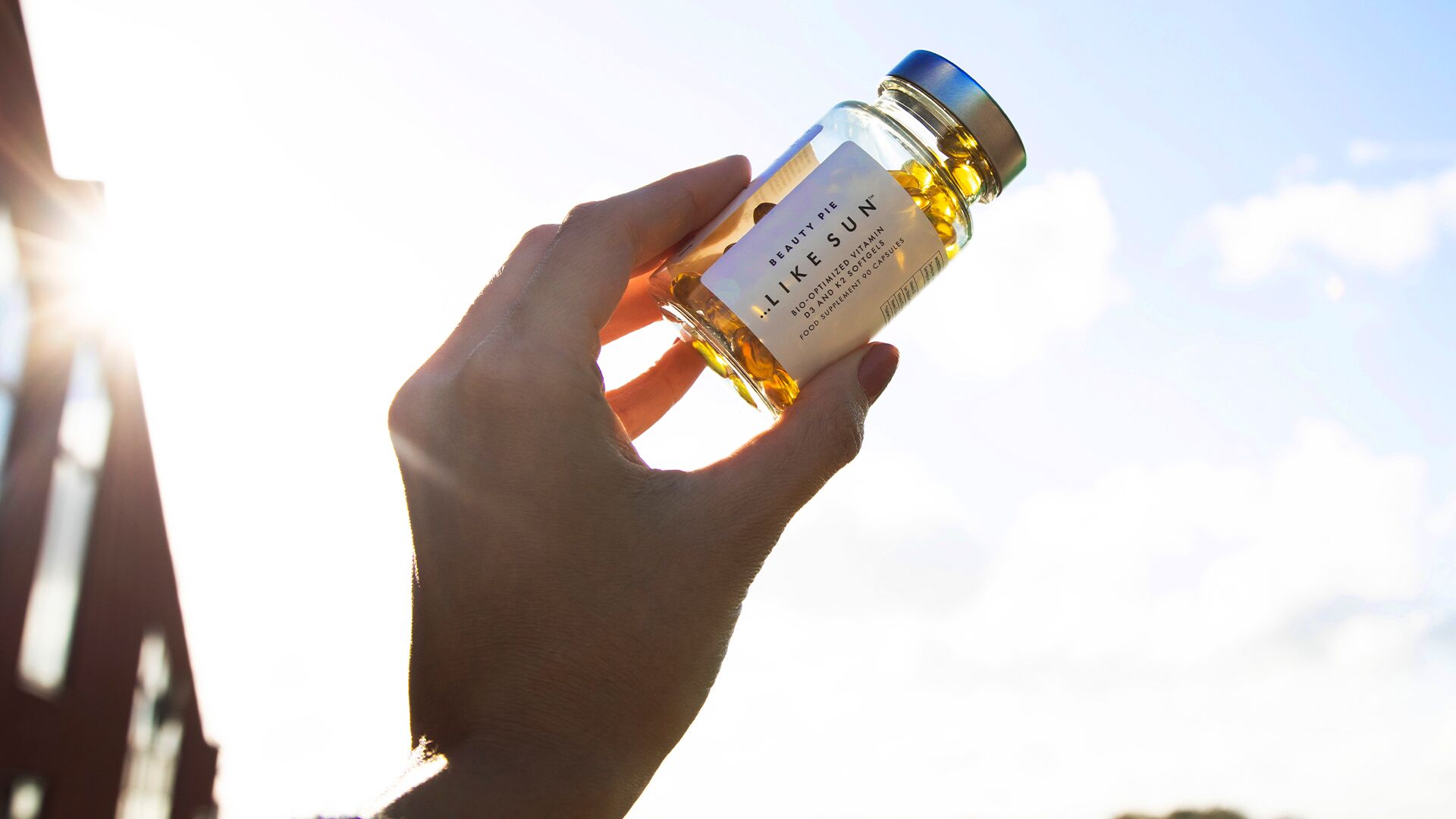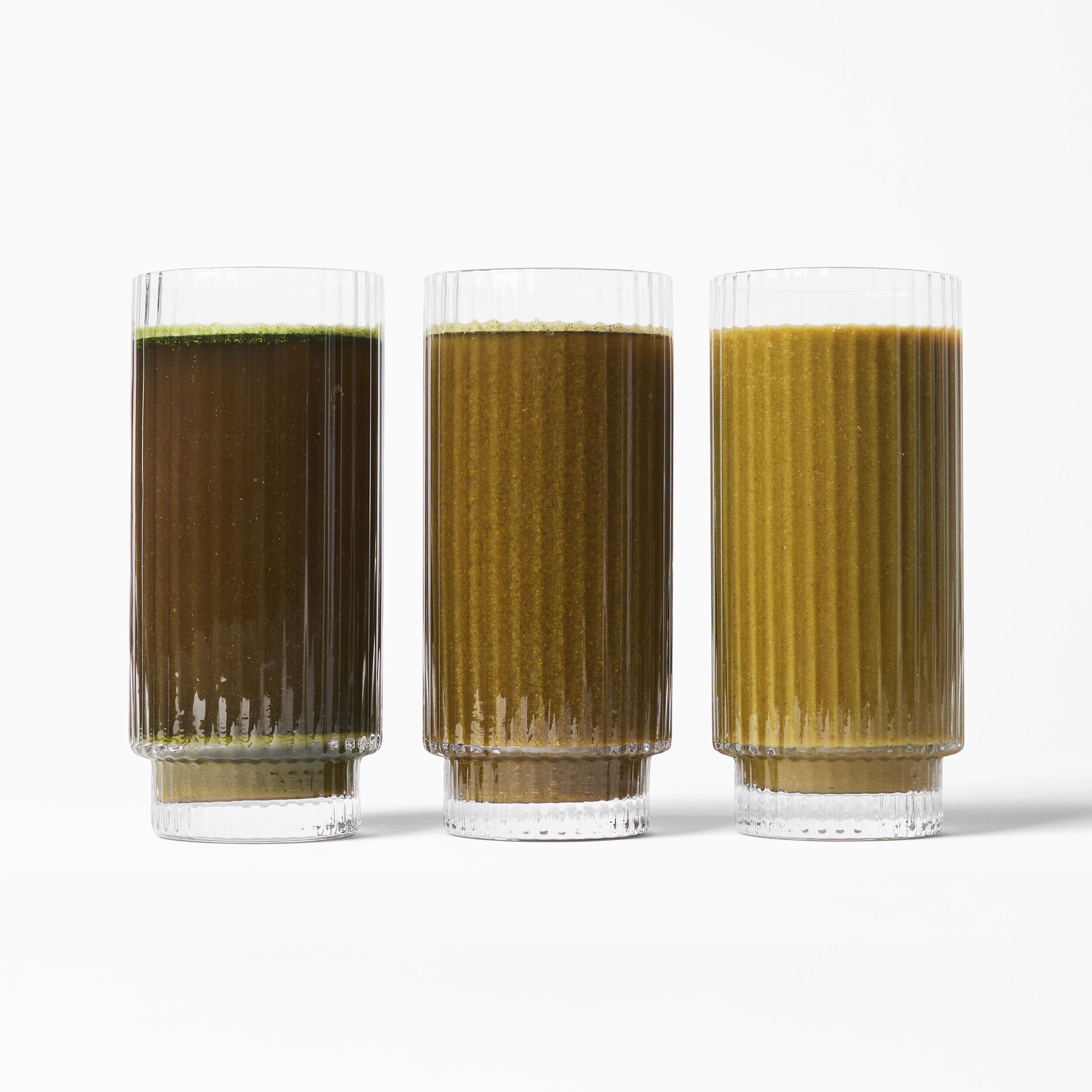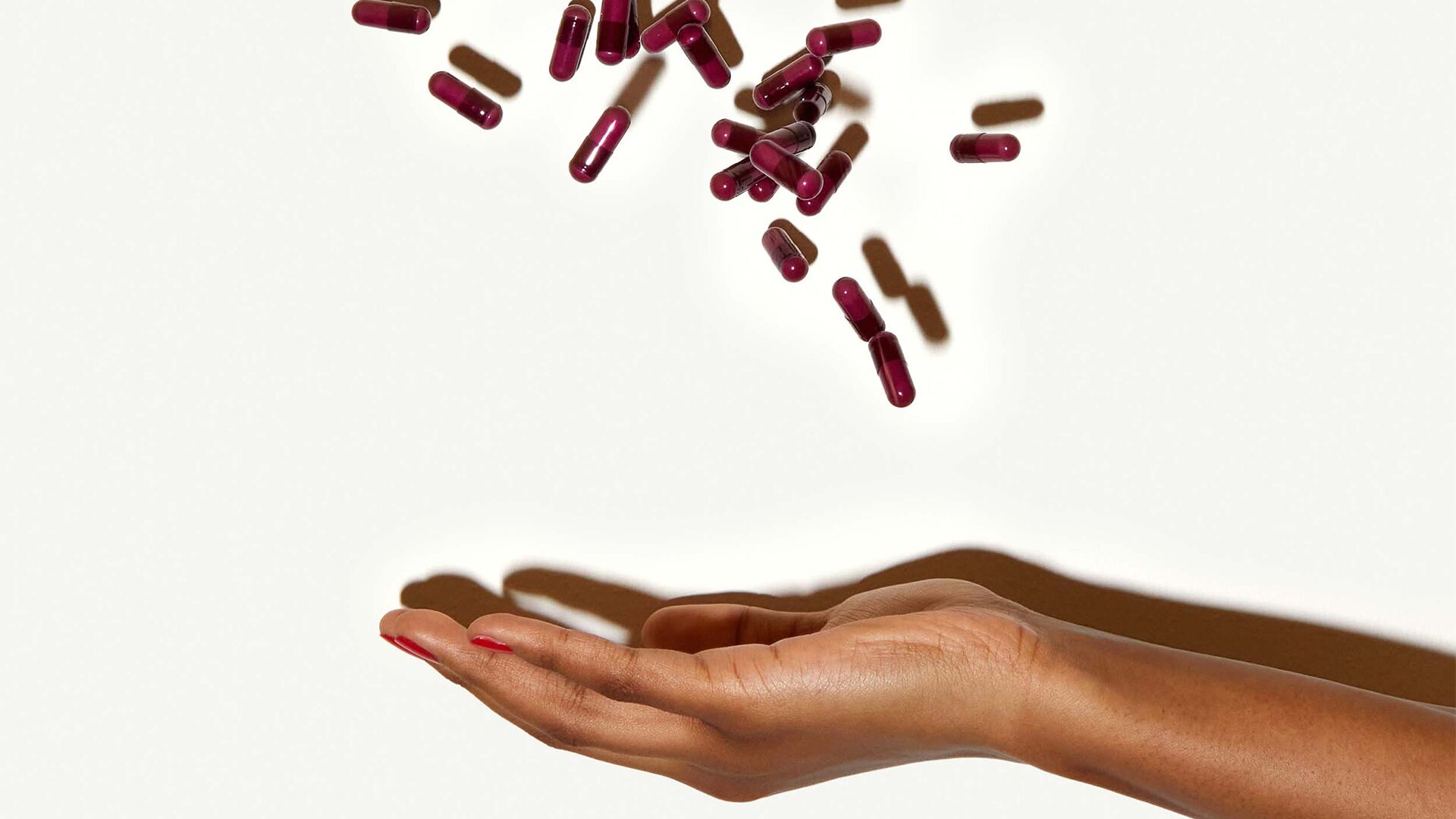
Some beauty editors are perfume obsessives, others lipstick collectors, many are skincare enthusiasts. And although I’m partial to all three of those things, what really gets me going is the weird, wild and ever-developing world of wellness.
I’ve been lucky enough to visit many of the world’s top health retreats in the name of research where I’ve spent weeks being poked and prodded, detoxed and drained, exhausted and enlightened, learning a lot along the way (including how to sift out the BS). Back in the real world, I tend to cherry pick the tidbits of advice and wellness practices that work for me day to day, including these seven lessons I’d happily preach to anyone…
Digestion starts in your mouth
The few times I have been fed solid food at fancy health retreats, it’s encouraged that you chew each mouthful around 40 times. Yes that’s right, almost a minute of munching per mouthful, until the food is pureed before you swallow. At one resort you even got ‘chewing trainers’ alongside your evening broth; pieces of wheat-free substances disguising themselves as bread that, seemingly stale, took at least the full 40 chews to pulp down.
Their purpose is to build up saliva in your mouth, which has enzymes in it that break carbohydrates into sugars, triggering digestion before the food has hit your stomach. As boring as it makes the meal (and believe me, a lot of this food you’d rather swallow in one bite and move swiftly on…), this technique supercharged my famously sluggish digestion.
Skipping breakfast is not intermittent fasting
Intermittent fasting got more airtime than Prince Harry’s frostbitten loins last year, praised by many for its fat burning, inflammation reducing powers. But this is only in cases when it’s done properly, sticking to exact hours and eating the ‘right’ foods before and after the fasting hours. Accidentally skipped breakfast yesterday? That doesn’t count, sorry.
For women, intermittent fasting can have negative and potentially long-term effects on our hormones
It’s also important to note that intermittent fasting is much easier, more effective and safer for men. For women, the hot-new health trend can have negative and potentially long-term effects on our hormones. Be sure to read up properly before trying it (and not on social media).
You’re probably not getting enough D
Supplements became a part of many people’s daily lives in 2023, with almost 40% of Brits taking them, from standard multi-vits to targeted tinctures. The market in the UK is now estimated to be worth £520 million and predicted to grow 10% year by year, but that doesn’t mean you need to jump on the bandwagon. If you have a balanced diet, you might not even need to be supplementing it with pills, so I’d always recommend getting a blood test before potentially - and literally - flushing it down the drain.
It's believed that at least 60% of the UK population is deficient in Vitamin D
The exception, according to every doctor and dietician I’ve spoken to on this subject, is Vitamin D. Essential for immunity and bone health, amongst other things, it’s believed that at least 60% of the UK population are deficient in Vit D levels, and there are even government guidelines now recommending we all take supplements of it.

Be wary of ‘monitoring’ apps
2023’s most coveted accessory wasn’t a designer handbag or even anything from Phoebe Philo’s eponymous first collection, it was a little yellow circle stuck to your upper arm from health app ZOE. The device connects to your phone, giving you updates on your blood sugar levels and guiding you through a personalised diet to improve your overall health. And although ZOE is undoubtedly brilliant, it doesn’t mean all ‘health monitoring’ apps are.
Most sleep monitoring apps don’t have a way of actually, truly identifying your level of sleep anyway (the gold standard of measuring that is with electrodes measuring the brain’s electrical activity, the apps are by comparison a stab in the dark) whilst they collect hours of data every night.
Our infatuation with these apps has also led to a new condition being coined by sleep experts: orthosomnia. Essentially it’s stressing yourself out of sleeping by stressing about the sleep itself, obsessive over the data and distressed by the results glaring from their device each morning. Consider perhaps that your phone may be the route of the problem, not the remedy.
The best health tips won’t cost you £10,000
If you have the inclination to put yourself through a week of enforced deprivation and the money to spend doing it, a detox retreat is an excellent health reset. However, if I took a poll from every expert I’ve ever met or interviewed, the top three pieces of advice are not just the same, but are (practically) free: drink more water, get more sleep, and move your body.
The top three pieces of advice are not just the same, but are (practically) free: drink more water, get more sleep and move your body
Favourites on many a New Year’s Resolution list and incredibly boring, I know, but as someone who drinks more tonic than water and is practically nocturnal, when I do ramp up on my water, sleep and exercise intakes I see vast improvements.
A nugget of advice I had from one doctor (when I told him my daily intake of water was about two cups. On a good day…) was to think of your body like a toilet: if you don’t regularly flush it (the water) it will just continue filling up with crap. Pass me the Stanley cup.
Colonics aren’t as bad as you think
Ok hear me out, because I’m aware that having a stranger stick a pipe full of warm water up your ass doesn’t sound particularly enjoyable (to most). BUT if you can get past the awkwardness, the slight discomfort, the small chat whilst you and your new pal eagerly watch morsels of your poop float through a machine like it’s an episode of Real Housewives, the self-doubt when the flushing water feels like it could actually be you about to burst, the sprint to the loo when you realise you are, in fact, about to burst…
IF you can get past all this, I’ve found them fine. They help to flush out dormant matter that’s been stuck inside you for yonks, washes away toxins, deflates bloating, even adds a glow to your skin and spring in your step.
Eat what makes you happy
Despite my love of the strictest of detoxes, I am - at my heart - a full on foodie. Little brings me more joy than a delicious meal whether that’s Michelin starred or McDonalds. But with my health in mind, and as my metabolism has slowed with age, I’m ever more mindful about what I eat whilst steering well clear of diets.
A detox is a short-term intervention designed to eliminate toxins from the body, cleanse and resetting from the inside out. A diet involves long-term restrictions, which - unless you have an intolerance or allergy - you probably don’t need. What I’ve learnt from trying almost every diet under the sun is that they just don’t work: it’s impossible that what works for one person, or some people, will work for everyone when it comes to maintaining weight, health or most importantly, happiness.
My advice? Listen, learn, but ultimately, find out what works for you. Can’t live without chocolate? Don’t live without chocolate. As someone who for some bonkers, diet-driven reason went without it for 18 months I can confirm, it’s not worth it.


